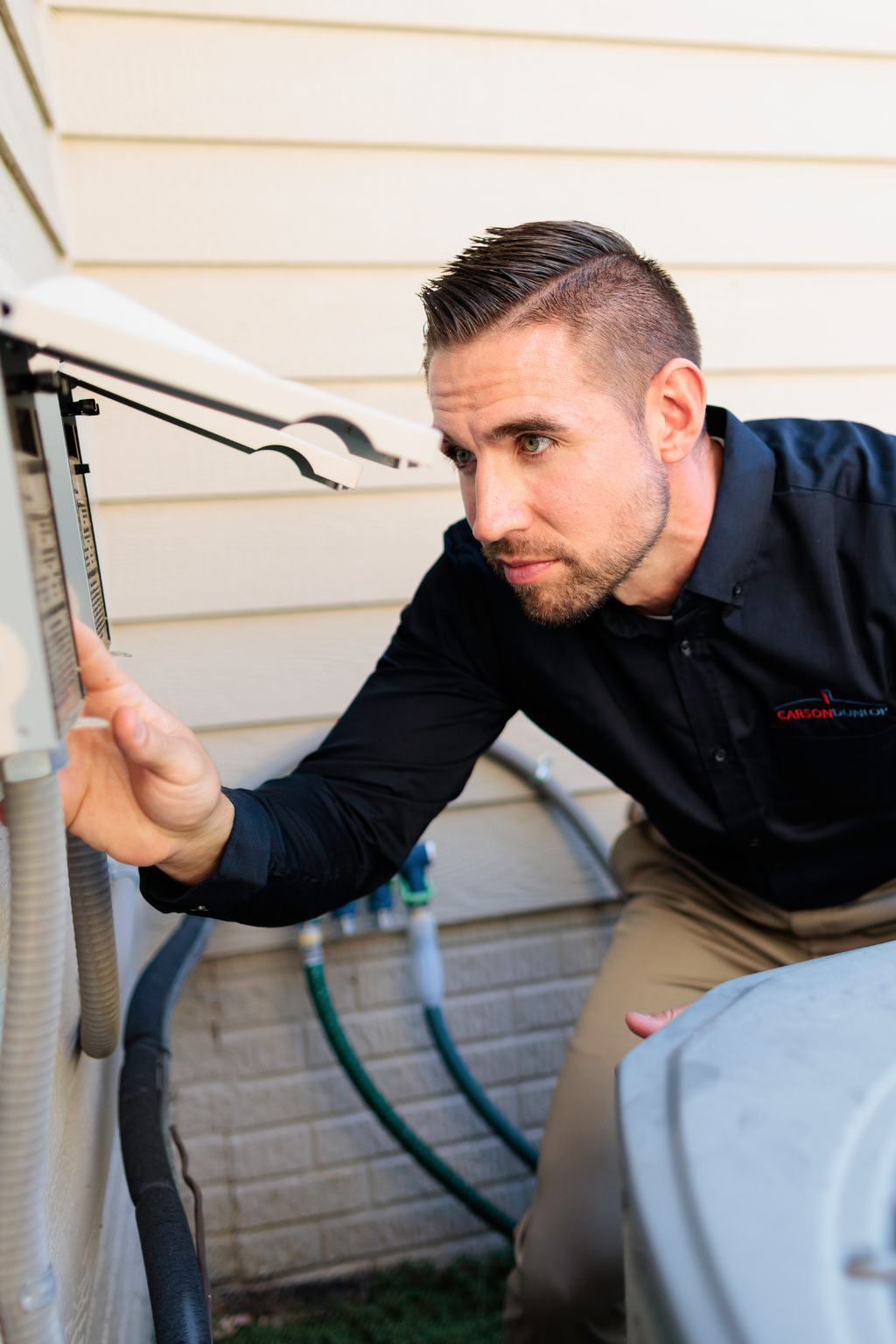Built By Inspectors. Trusted Across Canada. Designed To Upgrade The Way You Work.
The Software That Sets the Standard Take Horizon for a Test DriveMeet the All-In-One System Trusted by Canada’s Top Inspectors
Why Settle For Less?
Horizon is more than a reporting software, it’s the complete business platform designed by home inspectors for home inspectors.
Developed by Carson Dunlop, Horizon blends field-tested workflows, engineering-level detail, and intuitive design into one powerful system. Whether you’re new to the profession or managing a multi-inspector firm, Horizon grows with you and elevates your business every step of the way.
Horizon Is The Secret To Growing Your Inspection Business.


With One Platform, You Can:
Strengthen And Grow Your Business By Increasing Agent Referrals And Client Retention
Offer Reporting That Elevates Your Professionalism And Expertise
Deliver Outstanding Value And A Streamlined Client Experience
Book Inspections Without Double Entry
Write Accurate, Illustrated Reports In Less Time
Automate Follow-Ups And Stay Top-Of-Mind With Agents
Keep All Information Securely Hosted In The Cloud
Access Unlimited Live Training And Technical Support
Everything You Need. In One Place.
Built By The Leaders Who Helped Shape The Profession Itself.

Report Writing
Write Reports Clients Understand And Agents Recommend.
Your report is a part of your reputation. Horizon helps you deliver your best work every time.
Created from decades of field experience, Horizon’s reporting system provides the clarity, structure, and visual detail necessary to communicate findings with accuracy and professionalism.
With Horizon, You Get Access To:
- Pre-written technical content created by experts to speed up writing
- High-quality illustrations and photos that clarify findings
- Automatic defect summaries for instant clarity
- Clear, modern report design built to impress agents and clients
- Mobile + desktop flexibility for fast reporting anywhere
- Smart organization and tagging so nothing gets missed
A Report That Strengthens Your Reputation Starts Here.

Integrated Scheduling
Simplify Your Schedule. Prevent Mistakes. Deliver A Seamless Service.
Booking shouldn’t be a bottleneck. Horizon’s integrated scheduling keeps you organized, avoids double bookings, and reduces administrative time, allowing you to focus on inspections.
Features Inspectors Rely On:
- One-entry booking system (info auto-populates everywhere)
- Automatic confirmation emails
- Integrated calendar with Google Calendar sync
- Agent + client database tracking
- Customizable availability settings
- Built-in contract and invoicing options
Your Business Runs Smoother When Your
Schedule Does, Too.
Automated Marketing
Stay Top-of-Mind With Automated, Targeted Marketing.
Horizon’s automated marketing works in the background so you always stay visible, even on your busiest days.
You’ll Be Able To:
- Automatically send tailored follow-up emails
- Track agent activity and engagement
- Reach out to new or inactive agents with ease
- Store contact details in one organized database
- Build repeat and referral business without manual effort

It’s Like Having Your Own Marketing Department Without The Hefty Cost.

Training and Support
Unlimited Support, Real People, Every Step Of The Way.
Horizon users receive unmatched guidance from the same experts who built the system and who’ve been inspecting homes for more than 45 years.
Your Subscription Includes:
- Unlimited live technical support
- Personalized one-on-one onboarding
- Step-by-step videos for mobile + desktop
- Access to ongoing training sessions
- Advice from industry experts who understand your work
We Don’t Stop At Providing You With Software,
We Help You Master It.

What Inspectors Are Saying
Real Tools. Real Support. Real Results.
Horizon has helped inspectors across Canada deliver clearer reports, streamline their workflow, and grow stronger, more profitable businesses. Whether they’re new to the profession or leading multi-inspector teams, the feedback is the same: Horizon elevates the way they work.
A Proven Legacy Of Inspections, Expertise, And Education Built To Elevate Your Business.
Inspections
Years In The Industry
Inspectors Trained
Our Partners
Integrations That Make Every Inspection Easier.
Your software should make your life easier, not more complicated. That’s why Horizon integrates with trusted industry tools that support every part of your inspection process: scheduling, marketing, payments, reporting, client communication, and more.
Featured Integrations

HomeBinder:
Offer clients a co-branded maintenance portal that keeps you top of mind long after the inspection.

RecallChek:
Keep clients informed with appliance recall alerts and easy follow-up recommendations.

Guardian Financial:
Get paid on time, every time, with simple and secure online payment processing.

Inspector’s Edge:
A professional, inspector-ready website to help you launch or elevate your online presence.

Listen360:
Automated client feedback, review collection, and online reputation support, helping you build trust and win referrals.

ISN, Nxt Inspekt & Google Calendar:
Simplify scheduling and eliminate double-entry with seamless sync to the platforms you already use.

Eye-Stick:
Eliminates the need for ladders, allowing you to inspect extreme heights and dangerous situations from a safe distance. You’ll be able to record, save and evaluate roofs, gutters, attics, crawl spaces and more without the safety concerns that come with ladders.
Running a successful inspection business includes reducing admin time, delivering polished communication at every step, offering added value that strengthens client relationships, and presenting your business as the professional, modern service it is.
Horizon, All Of That Happens Within A Single, Connected Ecosystem.
Upgrade the Way You Work
Faster Reporting. Stronger Service. A Better Experience For Every Client.
Are you looking to streamline your workflow, improve report quality, or grow your business with confidence?
Horizon provides you with the platform to make it happen.
Built by inspectors, refined over decades, and trusted across Canada, Horizon helps you deliver accuracy and clarity without the technical headaches.
It’s time to take your reporting to the next level.

